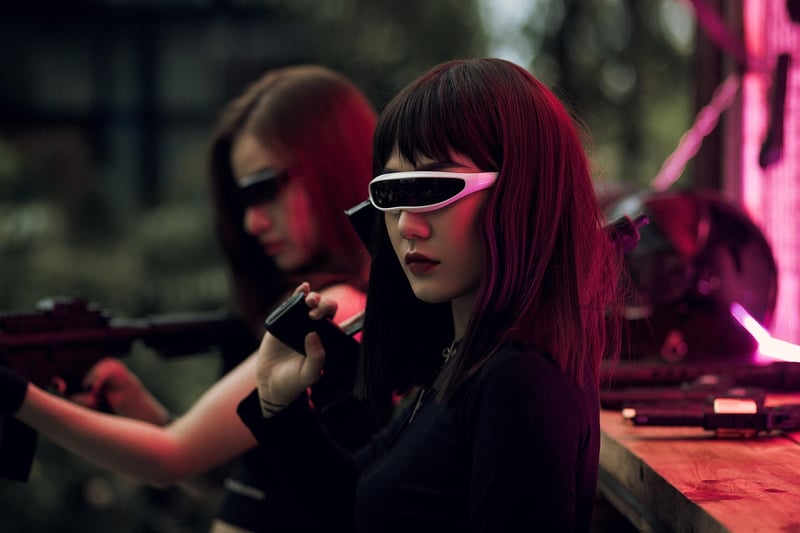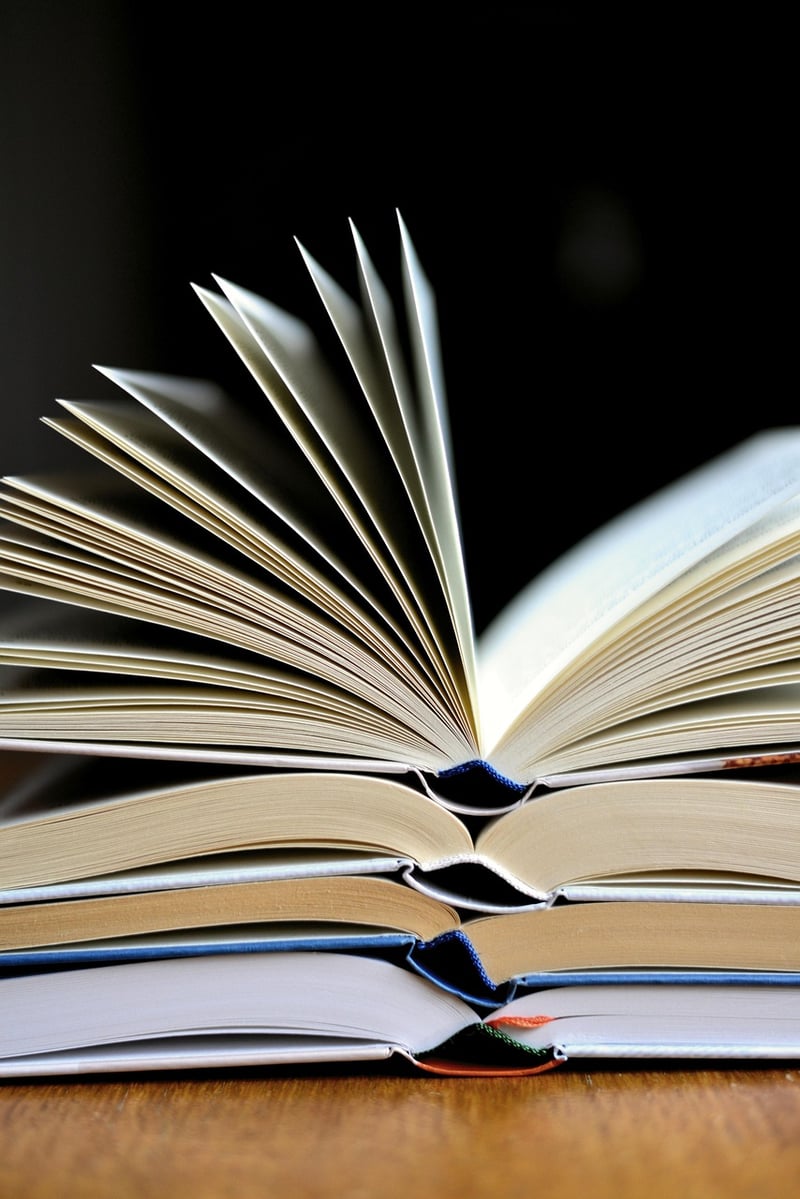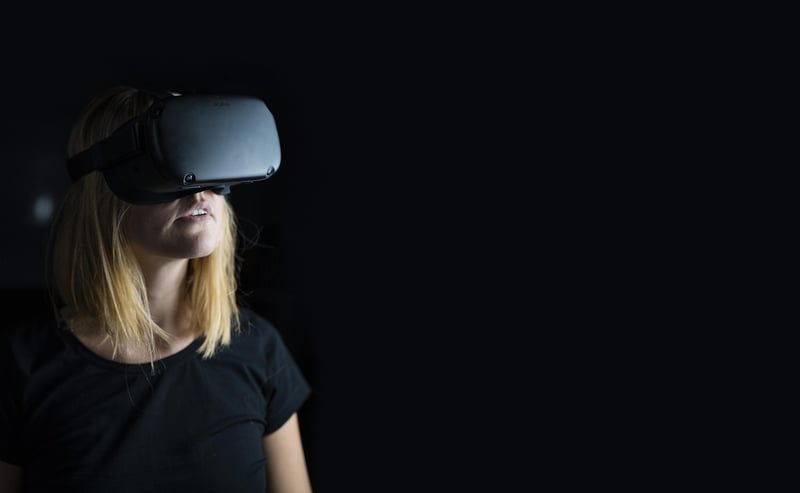Dystopian Worlds
Exploring Different Eras through Dystopian Worlds
Dystopian literature has captivated readers for decades, offering thought-provoking glimpses into alternate realities shaped by societal, political, or environmental upheavals. These gripping narratives often serve as cautionary tales, warning us about the potential consequences of unchecked power or technological advancements. Let's delve into some notable dystopian worlds across different eras:
1. Classic Dystopia: "Brave New World" by Aldous Huxley (1932)
In this classic novel set in a futuristic World State, Huxley paints a chilling picture of a society where technology, consumerism, and social conditioning have eroded individuality and freedom. The book explores themes of genetic engineering, psychological manipulation, and the dehumanizing effects of a highly controlled society.

2. Cold War Era: "1984" by George Orwell (1949)
Orwell's iconic novel introduces readers to the oppressive regime of Big Brother in Oceania, where surveillance, propaganda, and censorship reign supreme. "1984" reflects the author's concerns about totalitarianism, government surveillance, and the erosion of truth in a post-war world.

3. Contemporary Dystopia: "The Hunger Games" by Suzanne Collins (2008)
Collins' bestselling series plunges readers into the dystopian nation of Panem, where the Capitol exerts control over its twelve surrounding districts through a brutal annual event known as the Hunger Games. The narrative explores themes of inequality, resistance, and the power of media manipulation.

4. Futuristic Dystopia: "Ready Player One" by Ernest Cline (2011)
In this high-octane adventure set in a near-future where reality is bleak, people escape into a virtual utopia called the OASIS. Cline's novel combines pop culture references, virtual reality, and a quest for hidden treasure, offering a thrilling glimpse into a world shaped by technology and nostalgia.

Each of these dystopian worlds provides a unique lens through which to examine the complexities of human nature, society, and the impact of our choices on the world around us. Whether set in the past, present, or future, these narratives continue to resonate with readers, prompting reflection on the direction of our own society and the potential consequences of our actions.
So, which dystopian world will you explore next?
